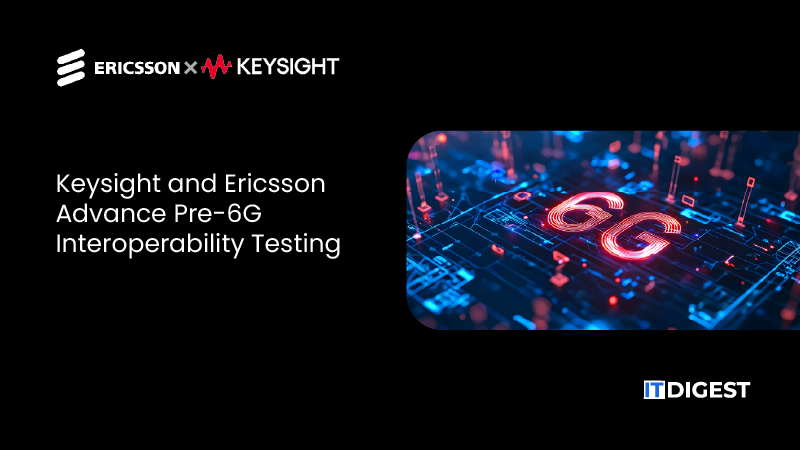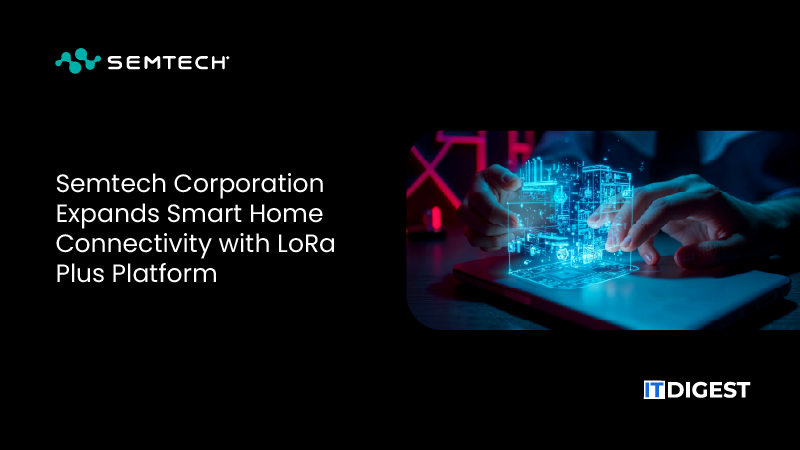Tachyum announced it is nearing completion of software packages for customers and OEM/ODM partners on Prodigy, the world’s first Universal Processor.
Following porting and demonstrating standalone applications, Tachyum is progressing to full software distribution. It completed integration of BMC (Baseboard Management Controller) and UEFI (Unified Extensible Firmware Interface) platforms and now it entered beta version. These firmware packages are now functional and integrated into the Prodigy FPGA prototype system.
UEFI is a next-generation interface between operating systems and platform firmware that has replaced legacy BIOS interfaces. The newer UEFI standard delivers security, modularity, and faster booting. Tachyum provides UEFI firmware as a primary method of initializing the Prodigy platform, and Prodigy’s BIOS configuration can be changed with UEFI services.
BMC is a service processor embedded in a server that can monitor the physical state of the server and provides administrators with full remote control for maintenance.
BMC and UEFI integration are critical milestones, and signals Prodigy’s integrated system software stack has reached the alpha stage. After one quarter of alpha release, it advances to beta and finally to production release with chip sampling.
“Since completing testing processes, our engineering team has focused on integration and interoperability to drive the increasing system-level maturity of Prodigy,” said Dr. Radoslav Danilak, founder and CEO of Tachyum. “These software packages are important boxes to tick for deployment in customer environments and OEM partner products.”
For a video demonstration of the UEFI/BMC running on the Prodigy FPGA prototype.
Prodigy delivers a revolutionary new architecture that unifies the functionality of CPU, GPGPU, and TPU into a single chip. As a Universal Processor, Prodigy provides both the high performance required for cloud and HPC/AI workloads within a single architecture. Because of its utility for all workloads, Prodigy-powered data center servers can seamlessly and dynamically switch between computational domains.
By eliminating the need for expensive dedicated AI hardware and dramatically increasing server utilization, Prodigy reduces CAPEX and OPEX significantly while delivering unprecedented data center performance, power, and economics. Prodigy integrates 128 high-performance custom-designed 64-bit compute cores, to deliver up to 4x the performance of the highest-performing x86 processors for cloud workloads, up to 3x that of the highest performing GPU for HPC, and 6x for AI applications.
SOURCE: Businesswire
































